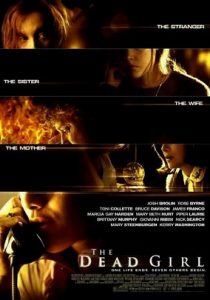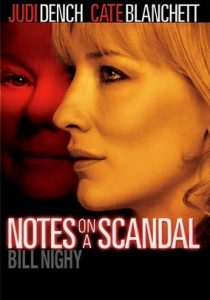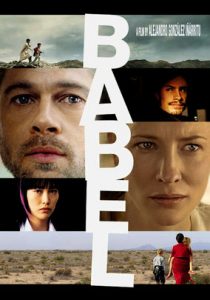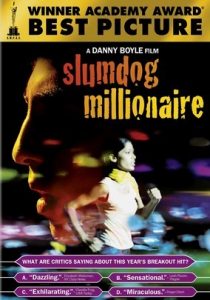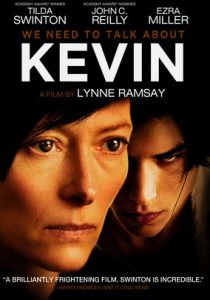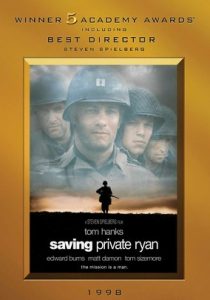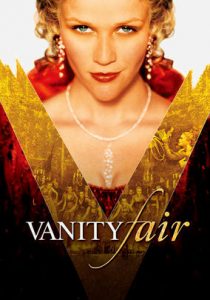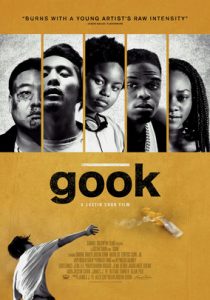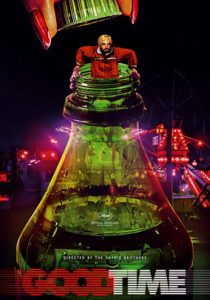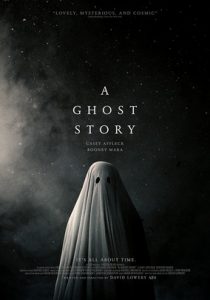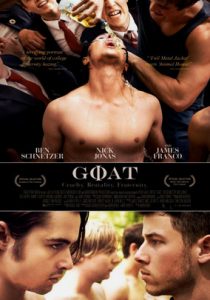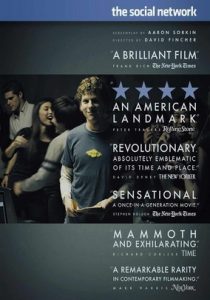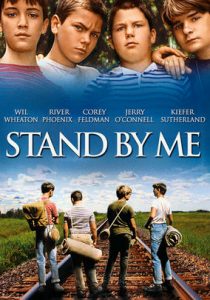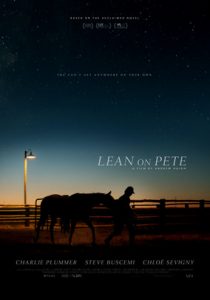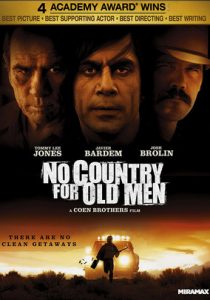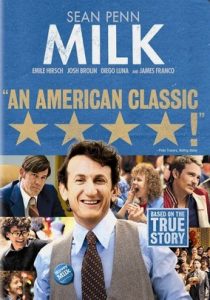The Dead Girl-2006
Director Karen Moncrieff
Starring Brittany Murphy, Toni Collette
Scott’s Review #794
Reviewed July 24, 2018
Grade: A
The Dead Girl (2006) is a unique independent drama with a moody, gloomy underbelly, and is quite the downer, however is also a masterpiece.
Reminiscent of David Lynch’s Mulholland Drive (2001), the remote and dark setting perfectly counter-balances the traditional image of sunny California as a young woman’s murder is discovered.
Writer and director, Karen Moncrieff spins a delicious tale in the mysterious and sinister.
Moncrieff, (a former daytime television actress), wisely carves the film into five chapters- each focusing on a different character. The clever approach, since at first it seems as if the stories are independent of each other, is all intertwined.
The mystery of who the woman is, why she was killed, and other major questions come into play as the chapters unfold. To twist the drama even further, one of the chapters is revealed to be a complete red herring.
The five chapters are each compelling in their way.
Chapter one focuses on Arden (Toni Collette) and her relationship with her abusive mother- deliciously played by Piper Laurie. Arden has a love interest in Rudy (Giovanni Ribisi), who she confides in when she discovers the “Dead Girl”.
The film then moves to various other chapters entitled “The Sister”, “The Wife”, “The Mother”, and finally “The Dead Girl”, which is from the perspective of the murder victim when final clues are revealed.
The last chapter is the best and most heartbreaking in my opinion.
The casting is just wonderful as a myriad of top talents appear in the film. With low-budget independent films, especially before 2006, finding big stars willing to accept little pay was quite difficult.
Moncrieff, however, scores big with the actors cast in her film.
Mainly an all-female cast, talents like Collette, Laurie, Mary Beth Hurt, Brittany Murphy, and Marcia Gay Harden round out the all-star cast. Names like these could fill up a Hollywood marquee let alone a small indie like The Dead Girl.
Speaking of Murphy, this may be the very best role of her career. Sadly, meeting death shortly after this film, she gives a mesmerizing performance in the title role- also known as Krista.
With heavy, gothic-style makeup, her character is vulnerable, having had a difficult childhood and struggling to send an enormous teddy bear to her daughter on her birthday.
Tragically, events do not go as planned for Krista, but what a bravura performance by Murphy.
The overall tone of the film is a great achievement and key to its success. The film is small and does not need explosions, car chases, or police banter to achieve the message it relays.
The Dead Girl is a quiet film about struggles, decisions, and wounded characters dealing with the life that they have been given the best they can.
The mysterious identities of the characters and the loneliness and lack of identity of some of the characters make me think Moncrieff was at least somewhat inspired by Lynch’s Mulholland Drive.
Not quite as oddball as the former, but more of a downer, The Dead Girl shows elements by way of unusual characters and a melancholy vibe.
The latter focuses more on a serial killer subject matter.
Being a huge proponent of the genre of independent film (think modern 1970s films with directors who have a clear vision), The Dead Girl is an enormous achievement.
Despite a handful of Independent Spirit Award nominations, I still feel the film is under-appreciated and a decade later is largely forgotten, if anyone knew about it, to begin with.
Let’s hope that enough young, aspiring filmmakers were inspired by Moncrieff and what she created with The Dead Girl (2006).
Independent Spirit Award Nominations: Best Feature, Best Director-Karen Moncrieff, Best Supporting Female-Mary Beth Hurt
